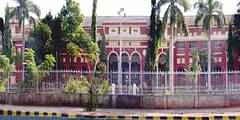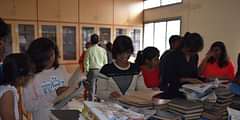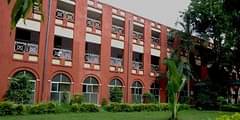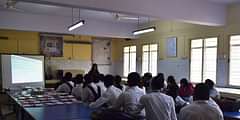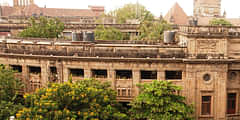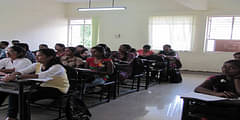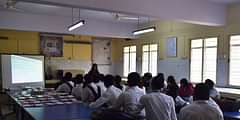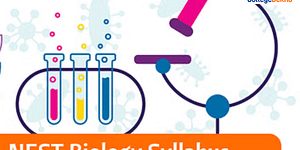Have you seen crime thrillers, murder mysteries, suspense movies and found yourself intrigued watching a forensic team of experts? Have their thoughtful expressions, their gloved hands moving about collecting crucial evidence from the crime scenes, inspired you to be like them?
At LPU you need to have 60 percent aggregate marks in class 12 with either medical or nonmedical or equivalent.
The program deals with a theoretical and practical background in all the areas of criminalistics which demonstrates proficiencies in laboratory skills like forensic molecular biology, forensic chemistry, and toxicology.
It aims to make the student understand and apply the basic concepts of forensic biology, chemistry, and toxicology in forensic sciences. Make adept to perform procedures as per laboratory standards in the area of forensic toxicology, fingerprint examination, and DNA analysis to propose solutions for criminal offense investigation. Enable the student to apply the fundamentals of basic sciences, fingerprint, questioned document examination, and DNA fingerprinting technique. Impart a basic understanding of criminal law and legal procedures to investigate the criminal offenses
The program gives a detailed knowledge of forensic Chemistry Forensic Toxicology, Forensic Anthropology, Ballistics, Explosives, Forensic Biology Serology, DNA, Fingerprinting and Questioned Documents, Cyber Thrust Areas of research: Analysis of drugs by conventional and modern techniques, security feature analysis, Fingerprinting analysis, studies on dentures for disaster victim identification, and forensic wildlife analysis.
Having a degree in forensic one is eligible to apply for the job of lectureship, a job in armed forces and central investigative agencies, hospitals, and pathology labs. Forensic engineers as
Legal counselors.
Forensic expert.
Forensic scientist.
Crime scene investigator.
Teacher/Professor.
Crime reporter.
Forensic engineer
Industry certifications, MOOCs, Hackathons / Co-curricular Competitive events, Workshops, Guest lectures, Educational Trips, Live projects, Incubation projects, Community projects, projects with NGOs, etc. are an integral part of the curriculum.
The curriculum is well equipped with courses as per recruitment demands of government and private sectors. Also, the program fosters research and higher degrees. Laboratory courses every semester are offered to develop practical skills in students. Interpretation of experimental studies during the course enhances students' capabilities of research and higher studies.
